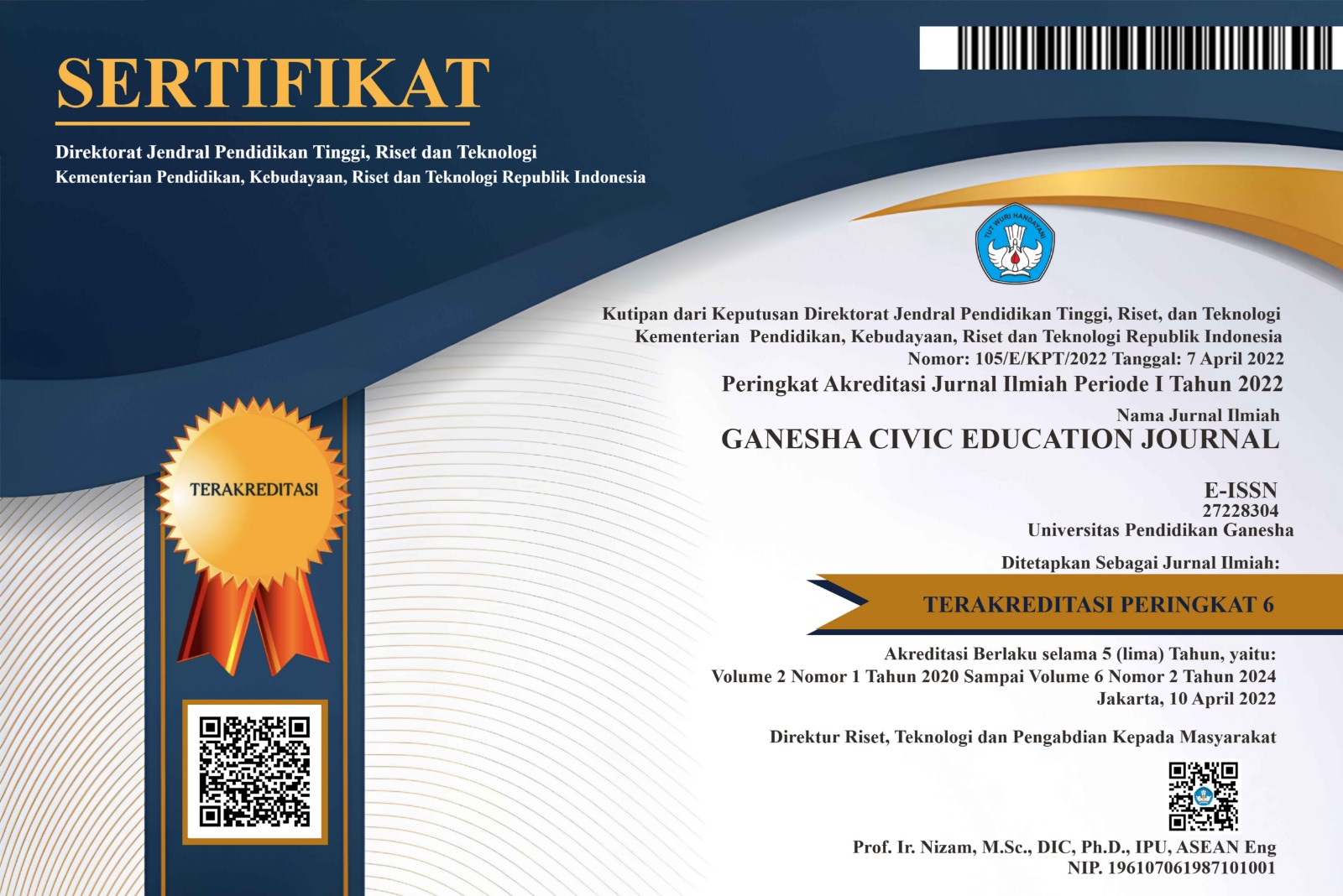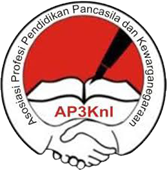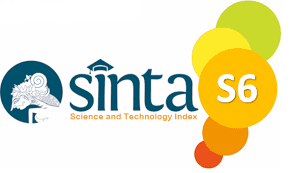NILAI KEADILAN GANTI KERUGIAN PENCEMARAN MINYAK AKIBAT KECELAKAAN KAPAL TANKER DALAM SISTEM HUKUM INDONESIA
DOI:
https://doi.org/10.23887/gancej.v4i2.1816Keywords:
polluter pays principle, precautionary principle, strict liability, compensation, the method of calculating natural resources, P & I insuranceAbstract
Indonesia's marine resources reaching an area of 3,11 million km2,, it makes the potential of the marine sector invaluable, particularly from its marine natural resource sector. The sea potentially fulfills the interests of sea transportation; for example, the transportation of tankers. The Indonesian sea is included in the seas with the dense traffic of tankers causing the risk of oil pollution due to tanker accidents. For example, the three cases of oil contamination caused by tanker accident occurred in the Cilacap Sea which is the largest oil refinery in Indonesia. The aim of this study was to find the value of justice for oil pollution losses due to tanker accidents considering that Indonesia has ratified the international convention of the civil liability of oil spill by tanker, CLC 1969 and its amendment of CLC 1992, along with its supplementary protocol. This research used the legal research method of empirical-normative (applied law research). The data used were in the form of secondary data, primary legal materials related to the value of ecosocial justice, the principles of tanker oil pollution compensation, national and international regulations, secondary legal materials in the form of publications of scientific papers, and tertiary legal materials in the form of dictionaries. The secondary legal materials were obtained through library study, and the primary legal materials were obtained through field research. Furthermore, the data obtained were analyzed using deductive thinking with qualitative-explanative method to find truth based on the value or quality of the data. The international law principles (polluter pays principle, precautionary principle and strict liability) for oil tanker losses caused by tankers have been applied to the national legal system. However, in practice, they have not been applied ideally. The settlements of the compensation claims had not been resolved properly, and the relevant institutions had not implemented the principles accordingly. There were still overlapping authorities and the conflicts of authorities among the institutes in the period before 2015 prior to the establishment of the Coordinating Ministry of Marine Affairs. After the periodization of 2015 with the formation of the Coordinating Ministry of Marine Affairs, it is expected to resolve the loss of oil pollution as a result of tanker accidents using the right method of calculating the loss of natural resources (Contigent Analysis Method), taking into account the willingness to pay and the willingness to accept between the P & I insurance and victims






1.png)









